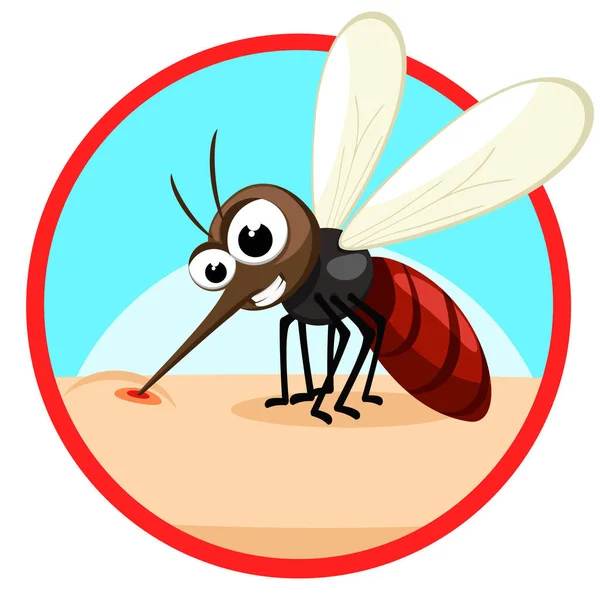During the warm summer months, spending time outdoors can be an enjoyable experience. However, in Muskoka, we often have to deal with mosquitoes, black flies, deer flies, wasps, and ticks.
While most bug bites are harmless and cause only mild irritation, some individuals may experience severe reactions. Ticks may also transmit harmful diseases.
Prevention
There are many things that can be done to prevent bug bites.

Clothing: Wearing long-sleeved shirts, long pants and socks, and shoes can help act as a barrier against bugs. Hats and bug netting can also be helpful. Wearing light colours can also act as prevention.
Insect repellents: products containing DEET are the most effective (i.e. OFF, Deep Woods). More natural bug repellents such as citronella are also available. DEET is best washed off once you come back indoors, to minimize your exposure.
Avoid peak times for mosquito activity: Mosquitoes are most active during dawn and dusk. Limit your time outdoors during these periods.
Eliminating standing water: Mosquitoes breed in stagnant water, so ensure that you regularly empty flower pots or clogged gutters.
Treatment
Topical creams and ointments:
Over-the-counter remedies containing hydrocortisone, calamine, ammonia (After Bite), or diphenhydramine (Benadryl) are helpful to relieve local itch and irritation.
Antihistamines:
Oral antihistamines such as Benadryl or Reactine can be helpful for more severe itch and swelling due to bug bites. These medications work by blocking the effects of histamine, a chemical released by the body during an allergic reaction. These medications can sometimes cause drowsiness, so it is always best to check with your pharmacist before taking them.
Tick Bites:
Tick bites require a different strategy when it comes to treatment. Tick removal should be done with a tick remover or tweezers. Pull the tick straight out, to minimize the chance of any of the tick remaining in the skin. Ticks should be brought to the local health unit for analysis, as some may carry Lyme disease.

Pharmacists in Ontario are now permitted to prescribe antibiotic prophylaxis following a tick bite to prevent Lyme disease, in the following situation: The tick has been removed within the past 72 hours, the bite occurred in an area where black-legged ticks have been identified, and the tick was attached for 24 hours or more. The antibiotic doxycycline is prescribed in these cases, as a single-dose treatment.
Wasp or bee stings:
Cold compresses, the above topicals, and antihistamines can be helpful with these types of stings. If you are allergic, always carry your Epi-pen with you.
Hopefully, this information can help you to enjoy our beautiful forests, lakes, and rivers without too many bugs bothering you!
If you would like more information, please come by Pharmasave and chat with us!

Carolyn Croxall, RPh, Pharmacist
Carolyn has been a pharmacist in Huntsville for 16 years. She loves being a part of the local community and enjoys the outdoors and being active with her family. She looks forward to seeing old and new faces at Pharmasave.
[/column] [column size=”1/2″][/column] [/columns]

Recent Comments